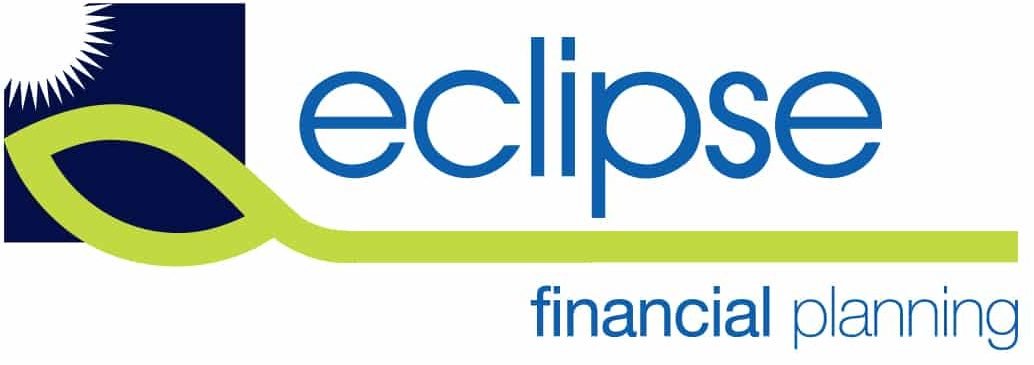On June 30, Greece made history in two ways. By officially missing its loan repayment to the International Monetary Fund (IMF), it became the first developed country in history to do so. With the unpaid amount at around €1.6 billion, it was also the largest missed payment ever owed to the IMF.
Anyone basing their retirement and financial planning on an investment portfolio will rightly be asking themselves: What will happen next? And how this affect my personal finances? To answer these questions, it’s important to understand the current crisis.
The past, present and possible future of the Greek crisis
For some years now, Greece has been negotiating with what is known as the ‘Troika’ of lenders (the IMF, the European Central Bank (ECB) and the European Commission) over the enormous debt accrued by Greece after it was ‘bailed out’. These negotiations recently broke down when Greek Prime Minister Alexis Tsipras called for a referendum on further bailouts, to be held on Sunday July 5.
The Greek government believes the terms attached to the funds are too harsh and refuses to go along with them, but wants the Greek people to have a say. European leaders, meanwhile, have publicly said that if Greece votes ‘no’ on the referendum – which Tsipras has been campaigning for – it would mean Greece’s exit from the eurozone.
But even if Greece votes ‘yes’, there is still the so-called ‘drop dead’ deadline on July 20, when Greece owes a €3.5 billion payment to the ECB – missing this could also push it out of the eurozone. If it does default on this debt, it could close the door to help from both the IMF and the ECB, which may spell disaster for its economy.
In the meantime, Greece’s financial system is at a standstill, with a bank holiday that will last until July 6, withdrawal limits of €60 a day and capital controls. The result has been high volatility over the course of the week.
What are the possible scenarios?
At this stage, there are three possible scenarios of varying likelihood:
- 10 per cent – a deal is struck, and the can is kicked down the road once again. Technically, the door on a deal hasn’t been closed entirely, though it’s very unlikely.
- 60 per cent – there is no deal, Greece defaults on some of its debt and imposes further capital controls while staying in the eurozone. This is the road Greece seems to be on now, if it votes ‘yes’ on the July 5 referendum.
- 30 per cent – no deal is struck, there is a ‘no’ vote, Greece defaults and the ECB takes away its support. In this scenario, the Greek government would have to put in more capital controls, plus issue IOUs, starting the process of exiting the eurozone. This is becoming more likely, but still doesn’t have the biggest odds of happening.
What will this mean for international markets and the global economy?
In our view, even the worst case scenario isn’t likely to derail the eurozone recovery. Greece forms only a fraction of the eurozone’s economy, and most of its debt is in highly transparent public hands, which limits the chance of uncertainty and contagion – in other words, financial problems creating a domino effect that spreads to other countries.
In fact, because Greece is unique in the eurozone, we believe this risk is not high. No other country in Europe, either near or far, faces the kind of problems Greece is experiencing. At the same time, Greek debt has largely moved from public to private hands, and the ECB is still supporting Greece. We don’t see this support going away any time soon. This will be good news for anyone whose superannuation has exposure to foreign equities.
Keeping a close eye on the ECB will be critical over the next few days and beyond. It president, Mario Draghi, is in a difficult position – while he believes Greece’s decision to stay or leave the eurozone is a political decision, he also knows the ECB cannot simply flaunt the rules, especially when it comes to the financial support it is giving the Greek banking system. We do, however, believe he will do what he can to prevent a liquidity crisis – in other words, when loans slow or dry up altogether, creating a ripple effect through the economy.
Investment position
Much of the information in this article was sourced from one of Eclipse’s preferred fund managers, Russell investments (Ventura). They have made clear what their strategy is in reaction to the events in Europe. They are maintaining their overweight positions in eurozone equities and peripheral bonds, but are holding off from adding to them until they get stronger signals. They still view Greece as a buying opportunity, but their multi-asset funds are reducing their stake in global equities to manage the risk.
In terms of emerging market equity, global and European equity and fixed income funds Russell funds generally have a very limited exposure to Greece. Because of this, there are no plans to change strategy weightings or positions within funds. However, there is a close eye being kept on the situation, and if there are signs that contagion or negative sentiment could spread to other European banks and markets, they will be ready to take appropriate action.
In summary, Greece makes up 1.8 per cent of the Eurozone’s economy (under half a percent of the world economy) and is similar in size to Victoria’s economy. We have very few trade relations with Greece, and despite the ‘media frenzy’ surrounding it, this situation is nothing like the 2008 GFC and is not something investors should be losing sleep over.

